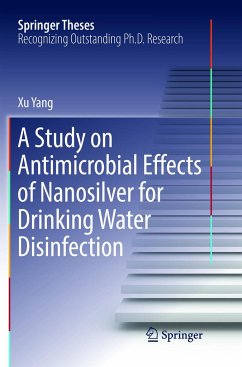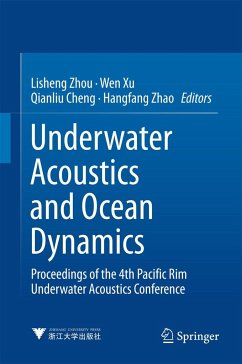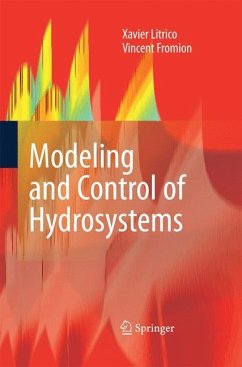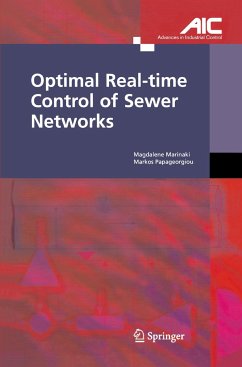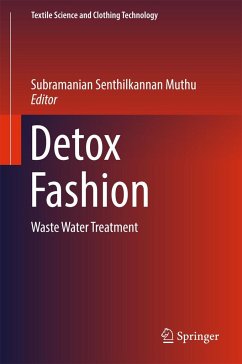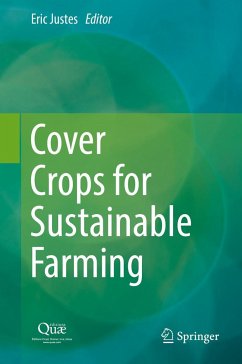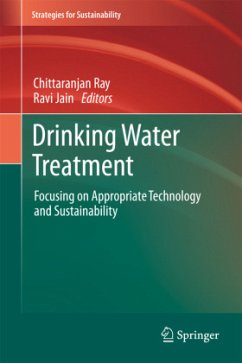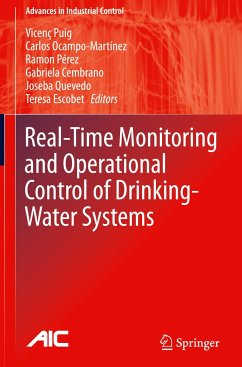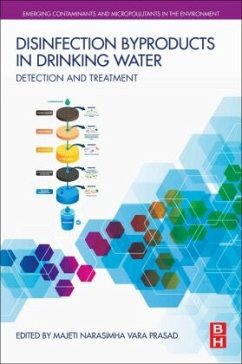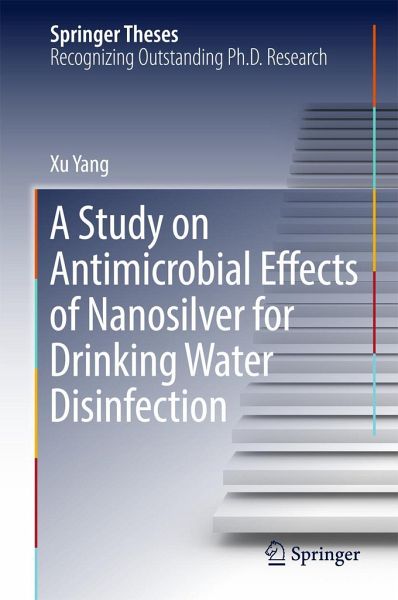
A Study on Antimicrobial Effects of Nanosilver for Drinking Water Disinfection
Versandkostenfrei!
Versandfertig in 6-10 Tagen
76,99 €
inkl. MwSt.
Weitere Ausgaben:

PAYBACK Punkte
38 °P sammeln!
This thesis examines the feasibility of using silver nanoparticles (AgNPs) as a viable disinfectant. It explores the opportunities and challenges of using AgNPs as an antimicrobial agent, and includes the latest research findings. It compares three kinds of AgNPs with regard to their antibacterial and antiviral effects; their sustainability in real water matrices; and their antiviral mechanisms. The outcome of this research equips the water industry with a better understanding of the capacity, extent and mechanisms of nanosilver disinfection. It is of interest to graduate students, academics a...
This thesis examines the feasibility of using silver nanoparticles (AgNPs) as a viable disinfectant. It explores the opportunities and challenges of using AgNPs as an antimicrobial agent, and includes the latest research findings. It compares three kinds of AgNPs with regard to their antibacterial and antiviral effects; their sustainability in real water matrices; and their antiviral mechanisms. The outcome of this research equips the water industry with a better understanding of the capacity, extent and mechanisms of nanosilver disinfection. It is of interest to graduate students, academics and researchers in the area of nanotechnology and environmental engineering.





